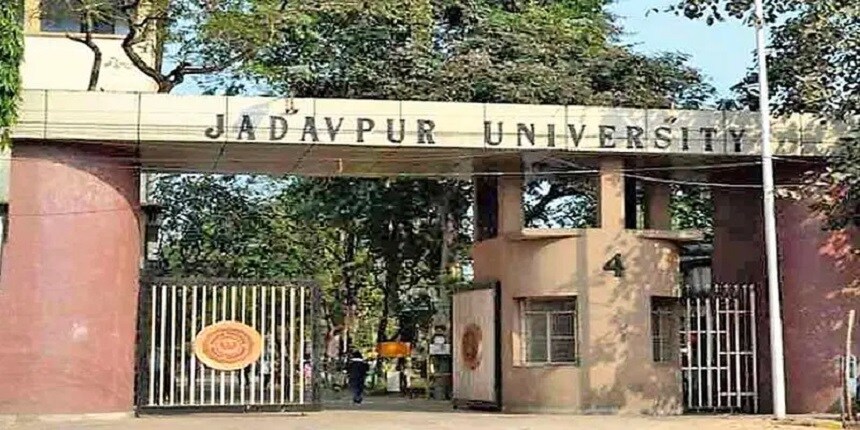Jadavpur University Ragging: Universities should share parents' contact numbers when asked, suggest activists
Atul Krishna | August 17, 2023 | 03:07 PM IST | 3 mins read
Jadavpur Ragging Case: Parents of the ragging victim can speak to those of the perpetrator; families can rein in such behaviours, say activists.

NEW DELHI: Activists have suggested that universities should collect the contact numbers of students’ parents and then provide them upon the insistence of a junior student or their parents to prevent ragging on campuses.
Currently, all universities and colleges require students to sign an anti-ragging affidavit in which they are required to read the University Grants Commission’s ragging regulations and promise to not indulge in any ragging activities. Activists said that this anti-ragging affidavit can be modified to include a clause which requires students to furnish the number of their parents which can be provided to a junior student or their parents upon asking.
Activists said that,if aggrieved parents are able to communicate with the parents of the senior student who is doing the ragging, a majority of ragging cases can be stopped.
Also Read| Rage On Campus: Why ragging persists in medical and dental colleges in India
“There is often a reluctance from the college to take action. Then the senior students get free reign to harass the junior students. But now if you are filing an affidavit in which it will be mentioned that the university can provide the name, email id and phone number of the senior students’ parents. The government can make an online platform where they can get this number with an OTP. Now parents to parents communication will happen. A junior student’s parent can tell a senior student’s parent that your ward is harassing my child. Surely these parents will be able to contain the aggressive behaviour,” said Gaurav Singhal, of Society Against Violence in Education (SAVE), a non-profit organisation focusing on protection of lives and dignity of students in educational institutions.
Jadavpur University ragging case
On August 9, a first-year student of Jadavpur University in Kolkata died after falling from the second-floor balcony of the main hostel. The deceased students’ father alleged that the student was a victim of ragging. By August 10, the police had arrested as many as nine students including senior students and alumni.They were suspected to be involved in the alleged ragging and sexual molestation of the 17-year-old boy leading to his death. The JU chapter of the All Bengal University Teachers' Association (ABUTA) alleged that the varsity authorities did not take any step to stop ragging despite knowing about this practice.
“These seniors become holy cows when they go back home. So, who can rein in these aggressive behaviours? It is the parents, not the police or the college administration. Police can only deal with 2% of cases, colleges can only deal with 5% of cases but parents can deal with 95% of cases. This will address the root cause of the problem which is that seniors believe that their parents will never get to know about their aggressive behaviour. The moment this starts happening things will drastically improve,” said Singhal.
They said the question of privacy, with regard to furnishing the contact details of the parents, is a small concern when it comes to ensuring the safety and security of the students..
“There is the privacy issue. But if Google and Facebook can take any kind of privacy related permissions before signing in, colleges may also. If it can be done for profit, it can also be done for safety. 95% ragging is done by male offenders. Once the junior's parents start to contact and tell the misdeeds of the senior to his parents, the ragging will stop 90% from India in just 12-24 months,” Singhal said.
Follow us for the latest education news on colleges and universities, admission, courses, exams, research, education policies, study abroad and more..
To get in touch, write to us at news@careers360.com.